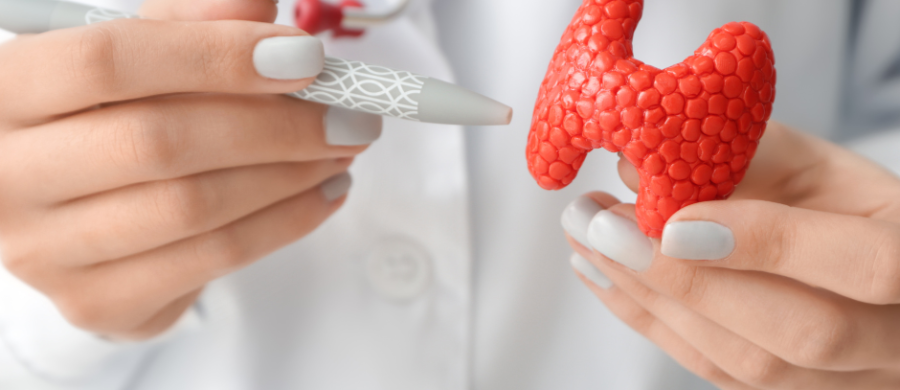Summer is in full swing, and high temperatures are a fact.
How to protect the baby from the heat?
– is a question every mother asks herself.
What we should keep in mind and what to watch out for – you can read in the following lines.
During the first months of the newborn, his thermoregulation is still imperfect.
It is unable to respond adequately to sudden temperature changes occurring in its surroundings. Because of these physiological features, babies in the first months are more susceptible to both cooling and overheating. Overheating, especially in the summer months, often affects older children as well, but overheating in childhood can be the result of many factors — climate, inappropriate clothing, high temperature in the children’s room, thick blankets, etc. The sweat glands are not yet functional during the first months after birth, and this is also the reason why the body cannot cool itself by sweating.
In the following lines, we will pay attention to several signs that are associated with overheating and for which we should be careful:
- Increased body temperature and manifestations of drowsiness
- Rapid breathing
- Redness of the face or other parts of the body
- Sweating in the head or forehead area
- State of nervousness
- Nausea or vomiting
- A rash characterized by small red pimples on the face, neck, the abdomen, back, chest, groin and other parts of the body.
How to avoid overheating the baby?
- The room temperature should be in the healthy range of up to 24 degrees
- Avoid exposing the baby to direct sunlight, especially in noon, when the sun is at its strongest.
- Do not dress the child in more layers of clothing than you wear yourself in the moment — if possible, the clothes should be made of natural material.
- Never leave your baby unattended in your vehicle.
- During the summer months, after a bath, avoid applying creams and lotions to the baby or oils.
The mild rash, which appears as a rash, does not have serious consequences for the child’s health, it is just a temporary discomfort.
However, overheating in a higher degree can lead to vomiting, pressure of the electrolyte balance, dehydration and other more serious problems. What to do if this still happens:
-as quickly as possible, provide a cool room to put the child in
— provide wet towels with lukewarm, but not cold water and apply to the skin — if possible give frequent small sips of water
— measure the temperature and if it does not fall below 39 degrees — contact your doctor
In conclusion, it is clear that with proper behavior in different seasons and avoiding the causes leading to overheating during the hot summer months, we could save ourselves unpleasant experiences, both for the baby and for the whole family.
SOURCE: APTEKI ZAPAD



















